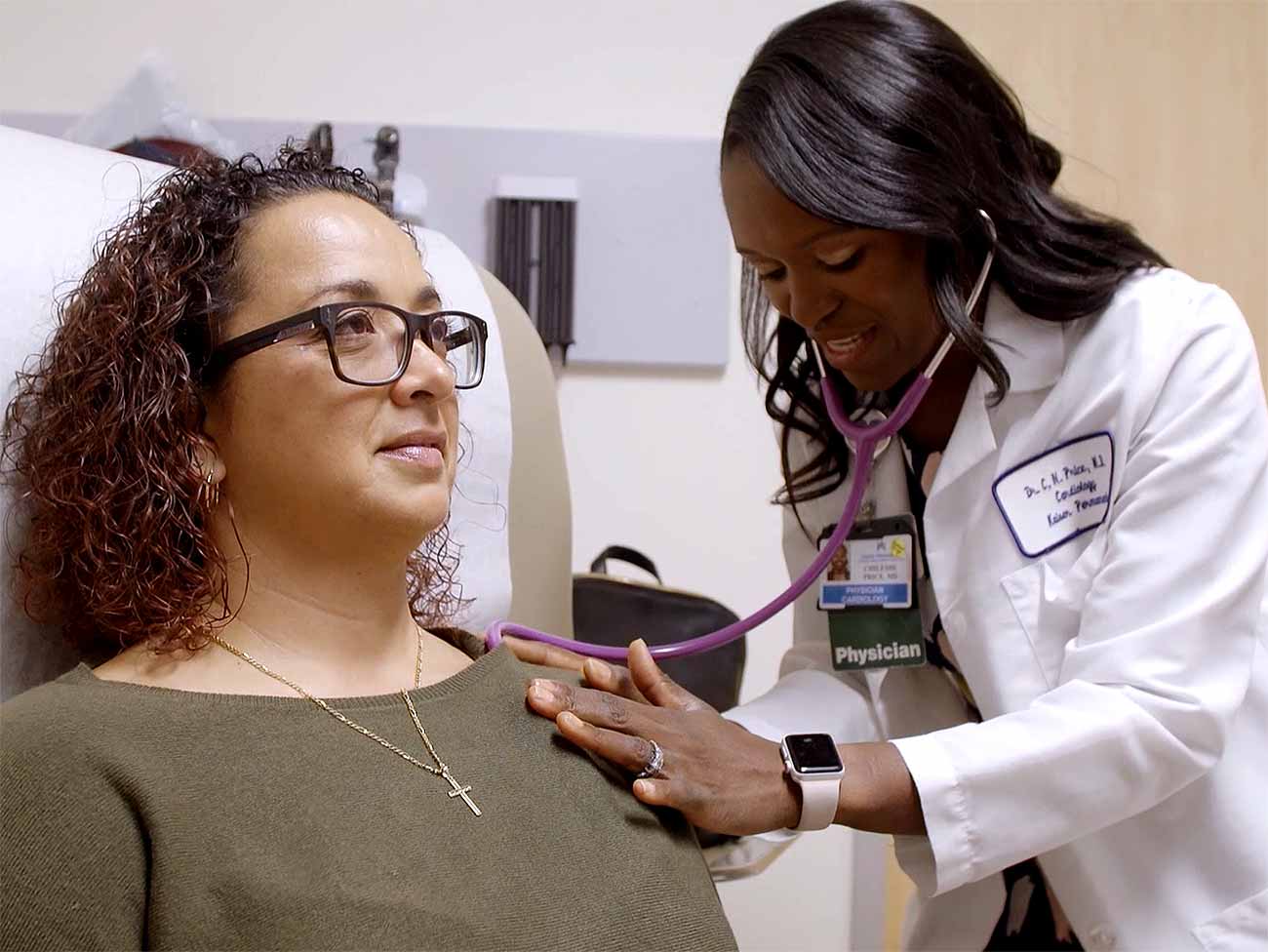Bringing healing home with virtual cardiac rehabilitation
Michelle Wofford gets a new lease on life after a serious cardiac event.
An innovative program helps people with heart disease complete cardiac rehab from the comfort of home. This video was filmed prior to the COVID-19 pandemic.
A fitness enthusiast since her 20s, Michelle Wofford rarely went more than a day or two without visiting the gym. When she began having mild chest pain during workouts, she chalked it up to a cold.
As time progressed, it became clear she was dealing with something more serious. “I'd walk upstairs and be out of breath. I couldn't even enjoy simple things that I like to do,” she said. “I was thinking, ‘I’m 42, I’m too young for this.’”
Wofford sought care at Kaiser Permanente, where doctors diagnosed a blockage in her coronary artery and placed a stent to restore blood flow to her heart. Days later, she was headed home to her son and husband, feeling a mixture of relief and fear.
“I really didn't know what to expect, and I remember telling my husband, ‘What if I eat the wrong thing and all of a sudden, I have this major heart attack?’” she said.
Home, but not alone
Thanks to Kaiser Permanente’s innovative virtual cardiac rehabilitation program, Wofford was home, but not alone — her care team came with her in the form of a wearable fitness tracker on her wrist.
“We’re able to monitor patients’ steps, monitor their heart rates, and all that information is being analyzed by our nurse case managers,” explained Chileshe Price, MD, Wofford’s cardiologist. “They reach out to the patients on a weekly basis and guide them through those critical steps after a cardiac event to bring them healing and recovery.”
The benefits of virtual cardiac rehabilitation
For patients with heart disease, lifestyle changes such as increasing physical activity and eating a healthy diet can reduce the risk of secondary cardiac events. Rehabilitation programs that encourage these behaviors are widely available, but few patients enroll in programs outside their homes, and even fewer complete them.
Kaiser Permanente began offering virtual cardiac rehabilitation in June 2019. The program has enrolled more than 2,300 patients, making it one of the largest programs in the U.S. More than 80% of patients who join the program complete it, compared to a national average of less than 50%. Cardiac-related hospital readmissions for patients in the program have been less than 2%, compared to 10% to 15% for most programs.
Participants wear a smartwatch that sends them reminders to exercise, and their activity data is sent to their care team. During weekly phone calls with a nurse case manager, patients receive feedback on their progress and can ask questions and raise concerns.
For Wofford, the support she received from Dr. Price and case manager Azure Looney, RN, was key to her recovery.
“They gave me hope,” she said. “This extreme thing happened to me, and it's not the end for me. I can still live my life as I did before.”
Learn more about cardiac care at Kaiser Permanente.
The video in this article was filmed before the COVID-19 pandemic. Kaiser Permanente has since introduced new safety practices, including requiring all members, patients, and staff in our facilities to wear masks to prevent the spread of the coronavirus.
-
Social Share
- Share Bringing Healing Home With Virtual Cardiac Rehabilitation on Pinterest
- Share Bringing Healing Home With Virtual Cardiac Rehabilitation on LinkedIn
- Share Bringing Healing Home With Virtual Cardiac Rehabilitation on Twitter
- Share Bringing Healing Home With Virtual Cardiac Rehabilitation on Facebook
- Print Bringing Healing Home With Virtual Cardiac Rehabilitation
- Email Bringing Healing Home With Virtual Cardiac Rehabilitation
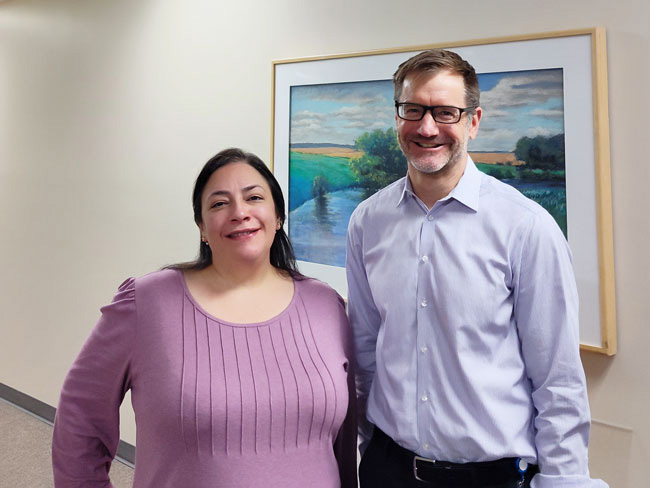
April 25, 2025
Treating the heart and lungs together for a rare disease
With her medical teams working together, Sirina Hazeem is getting her life …
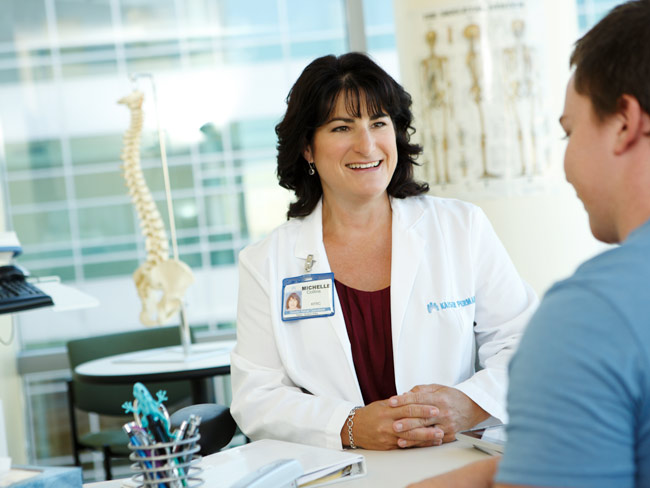
March 25, 2025
AI in health care: 7 principles of responsible use
These guidelines ensure we use artificial intelligence tools that are safe …
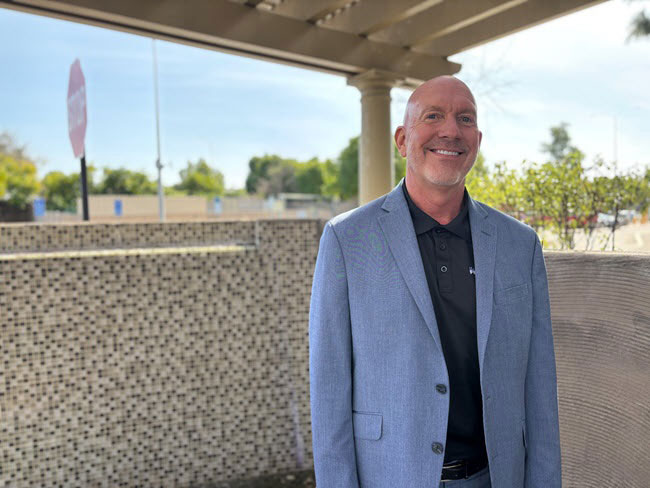
February 27, 2025
‘The heart attack that saved my life’
A sudden heart attack led Mark Twichel to seek care at Kaiser Permanente …

February 21, 2025
Broken heart syndrome: What to know
NPR

February 18, 2025
I just need a chance
Billy Cardosi spent his life putting his family and job first. Then a heart-rela …
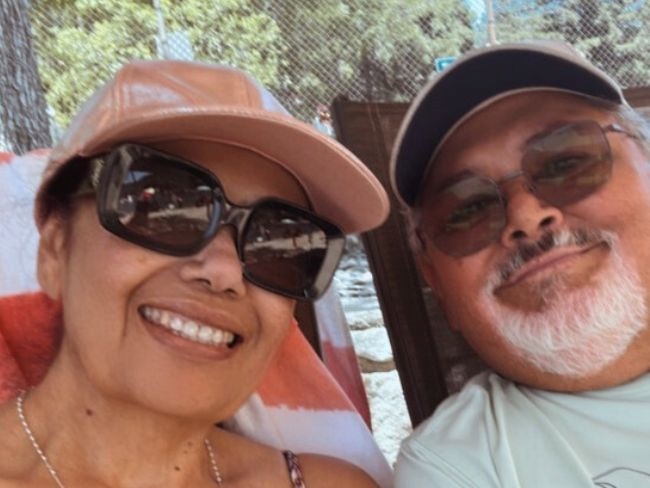
February 3, 2025
From a routine appointment to a cardiac crisis
An irregular heartbeat revealed that Enrique Medina had a serious heart …

January 29, 2025
A happy heart is a healthy heart
A cardiologist offers tips to help you improve your health and prevent …
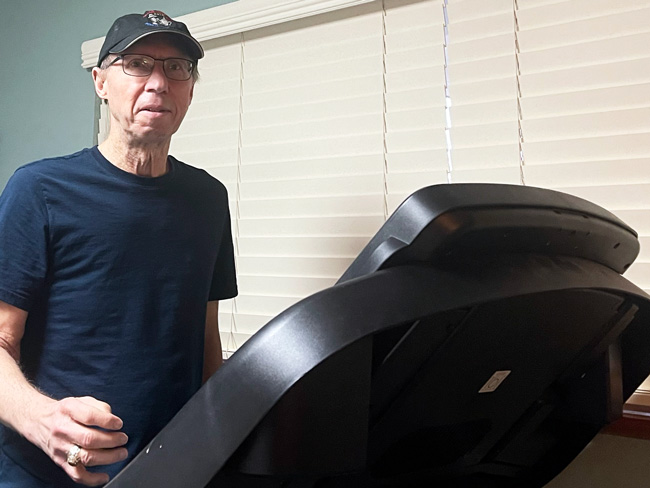
January 15, 2025
After surgery, home was where his heart was
Virtual cardiac rehabilitation offers Mike Erskine a convenient, safe way …

October 29, 2024
How poor sleep can hurt your heart
An interview with Kaiser Permanente sleep expert Clarisse Glen, MD, sheds …

October 29, 2024
That’s not tennis elbow
A Kaiser Permanente physician thought he pinched a nerve during a tennis …

October 23, 2024
Doomscrolling? It may affect your heart.
Endless bad news is just one fingertip away online. One Kaiser Permanente …
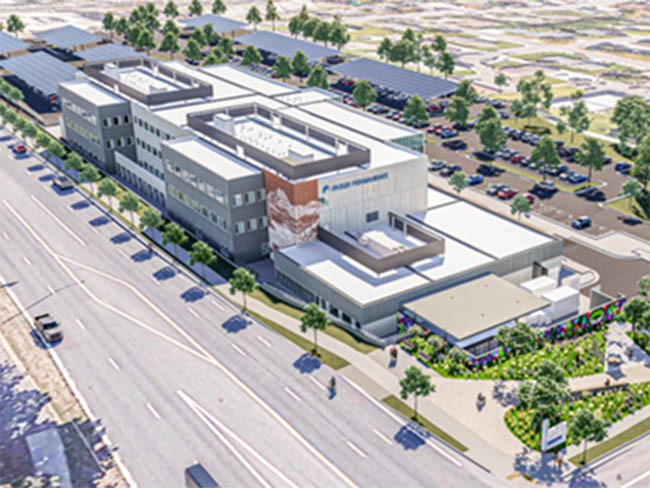
September 19, 2024
First look at new Lakewood facilities
New medical offices will enhance the health care experience for members …

September 6, 2024
Navigating a world turned upside down after heart failure
After a life-threatening series of heart attacks at age 57, Bunnell Fockler …

August 15, 2024
Back home one day after heart surgery
Ed Dalmasso needed an aortic valve replacement. His care team provided …

July 10, 2024
We help members lower their risk of heart attacks and strokes
A Southern California program, powered by our connected care model, is …

July 2, 2024
Reducing cultural barriers to food security
To reduce barriers, Food Bank of the Rockies’ Culturally Responsive Food …
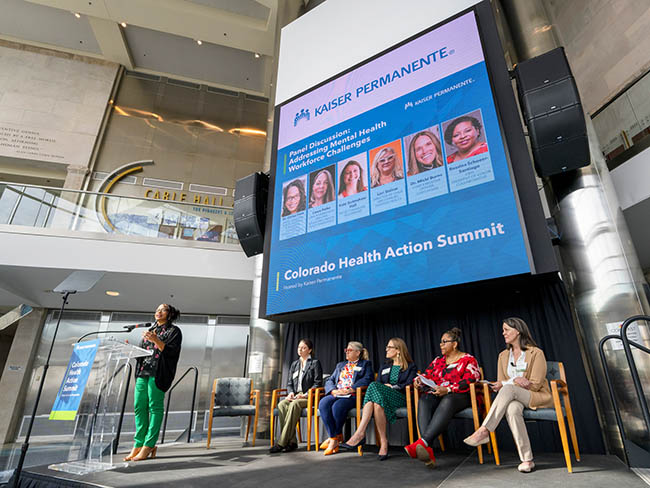
June 28, 2024
Health Action Summit highlights mental health opportunities
The Kaiser Permanente Colorado Health Action Summit gathered nonprofits, …

June 3, 2024
A call to ‘Connect’ for cancer prevention research
Participate in a study to help uncover the causes of cancer and how to …

April 9, 2024
Denver Fire Department annual blood work screenings triple
It’s easy to put off recommended health screenings, and sometimes even …

April 8, 2024
Reducing inequity with fruits and vegetables
Black Americans experience worse health outcomes compared to other populations. …

March 29, 2024
Faster recovery: From cardiac scare to exploring Italy
Virtual cardiac rehab helped Mike Kelly heal at home after a life-threatening …
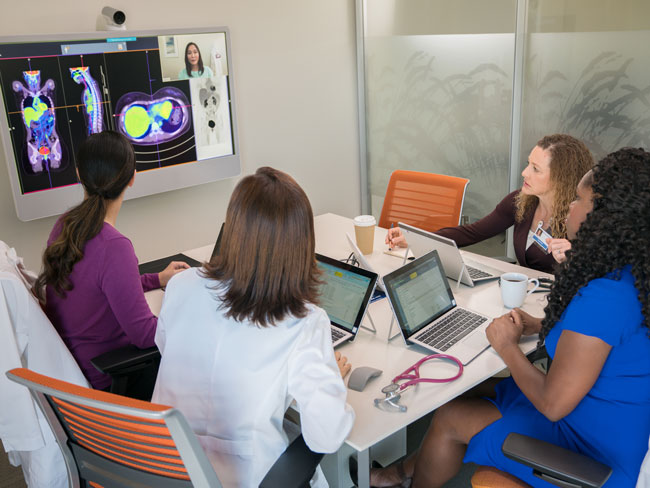
March 19, 2024
Fostering responsible AI in health care
With the right policies and partnerships, artificial intelligence can lead …
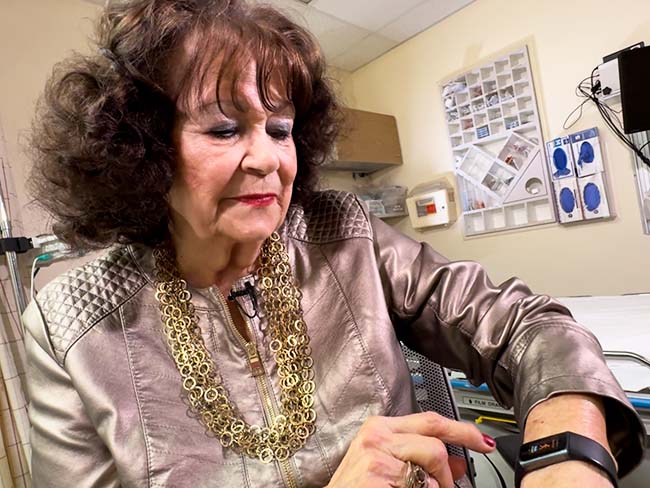
March 12, 2024
In-home recovery restores harmony to life
Colorado musician back with the band thanks to new virtual cardiac rehab …

February 22, 2024
The journey of a lifetime
Care teams at Kaiser Permanente Fontana Medical Center helped Phillip Crawford …

January 31, 2024
Prioritizing policies for health and well-being in Colorado
CityHealth’s 2023 Annual Policy Assessment awards cities for their policies …
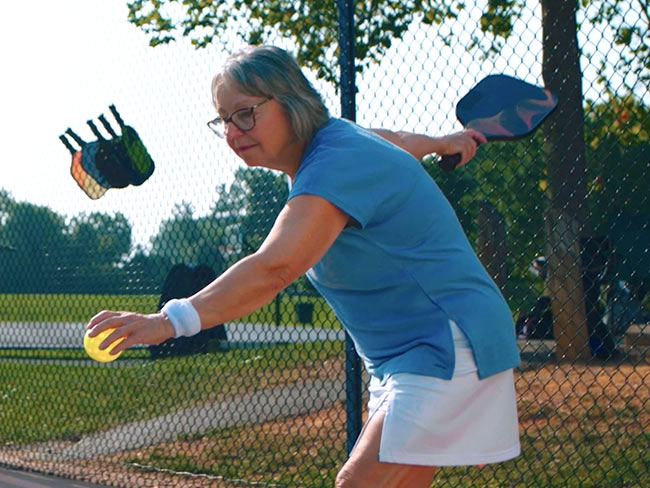
January 26, 2024
Retiree back in the swing of things after heart procedure
Tookie Gentilcore returns to enjoying life thanks to a quick, safe method …

January 17, 2024
How diabetes can affect your heart
People with diabetes are more likely to have heart disease.
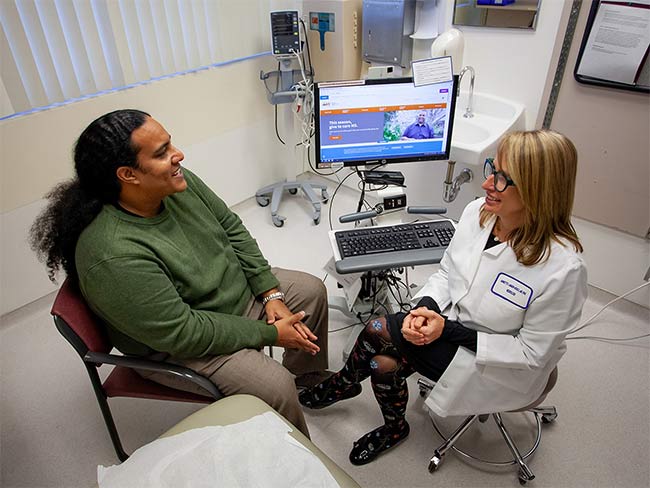
December 20, 2023
Research transforms care for people with multiple sclerosis
Our researchers are leading the way to more effective, affordable, and …
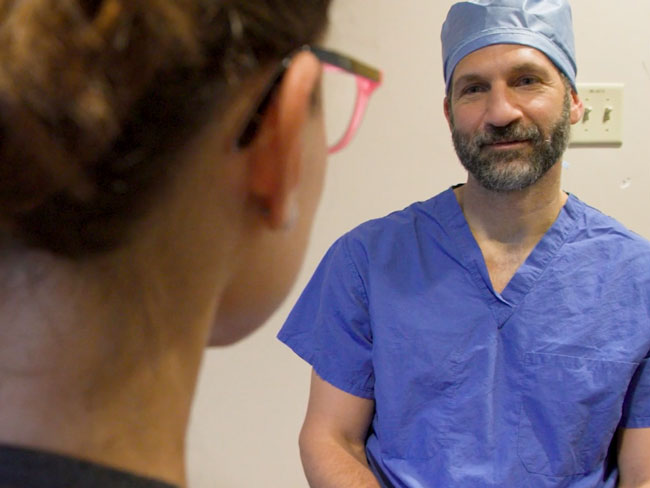
December 19, 2023
Life-changing care for patients who experience strokes
In Oregon, our stroke teams are providing patients with industry-leading …
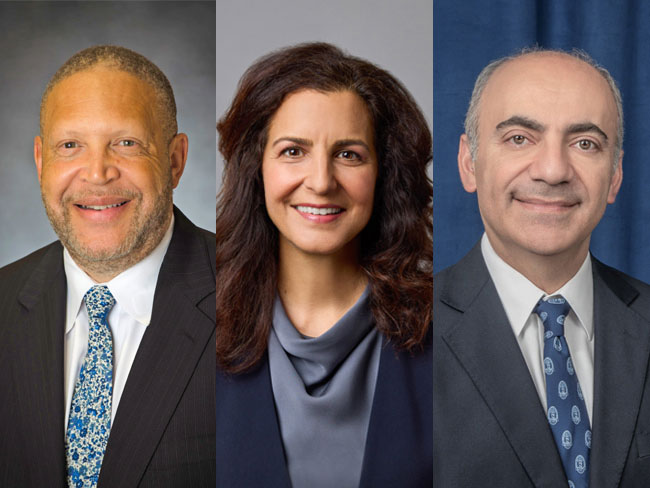
December 6, 2023
Leaders named among health care’s most influential
Greg A. Adams; Maria Ansari, MD, FACC; and Ramin Davidoff, MD, have been …

November 17, 2023
Expert advice on keeping your heart healthy
Dr. Yong Shin shares how people with heart disease can live longer, while …
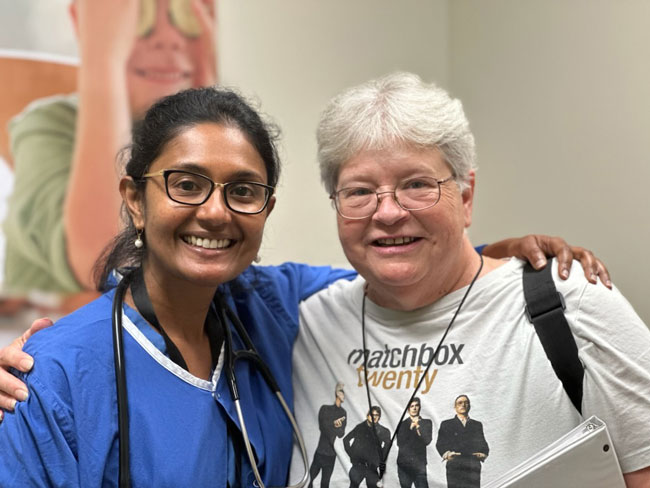
November 16, 2023
Providing a bridge to heart transplant
The use of a ventricular assist device implant gives one Oregon woman the …
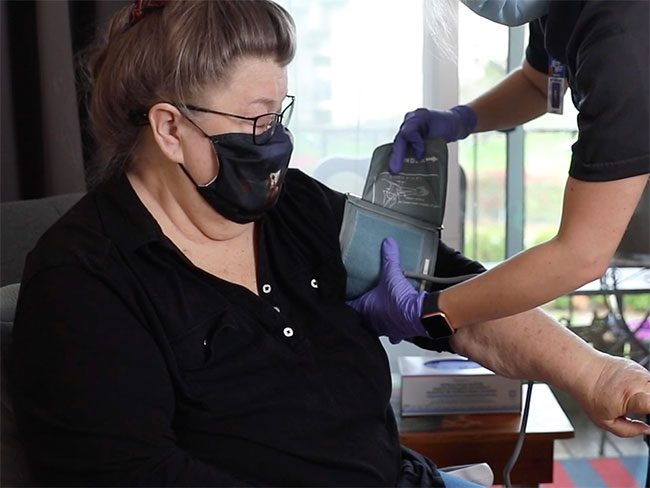
November 15, 2023
Care at home: Giving patients what they want
Our Advanced Care at Home program provides high-quality, safe care in familiar, …

November 13, 2023
Take a deep breath (we can help with that)
It’s never too late to quit smoking. At Kaiser Permanente, we can help …

October 23, 2023
The future of health care is digital
Nari Gopala, Kaiser Permanente’s chief digital officer, answers 3 questions …
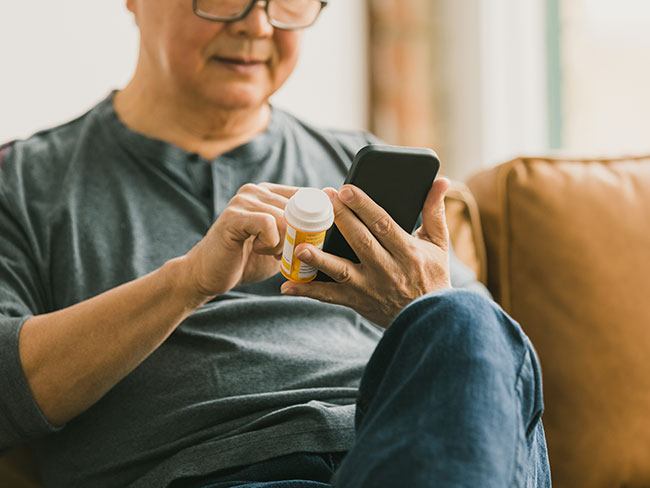
October 4, 2023
An easier way to manage multiple prescriptions
If you have an ongoing health condition, you know it can be tricky to keep …

September 27, 2023
10 school districts receive next round of RISE grants
The Thriving Schools program helps educators and students in Colorado integrate …

September 20, 2023
Healing after a heart attack
For years, serious heart attacks meant hours of weekly appointments. Now, …

September 19, 2023
Is telehealth right for you?
Members give video visits high marks — and with a few simple tips, you …
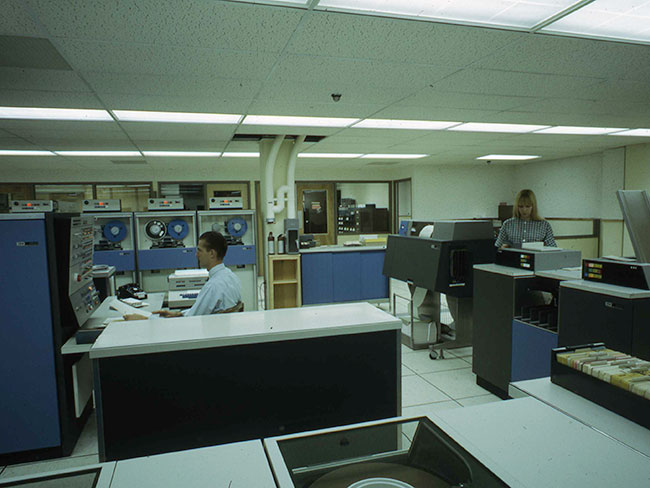
September 13, 2023
Transforming the medical record
Kaiser Permanente’s adoption of disruptive technology in the 1970s sparked …

August 18, 2023
Protect your heart when temperatures soar
Excessive heat and pollution can increase your risk of experiencing dangerous …

August 17, 2023
Beyond clinic walls: Research supporting healthy communities
Stories in the Department of Research & Evaluation 2022 Annual Report demonstrat …

August 16, 2023
Cervical cancer screening: Exploring the at-home HPV test
Kaiser Permanente is at the forefront of cervical cancer research. Find …
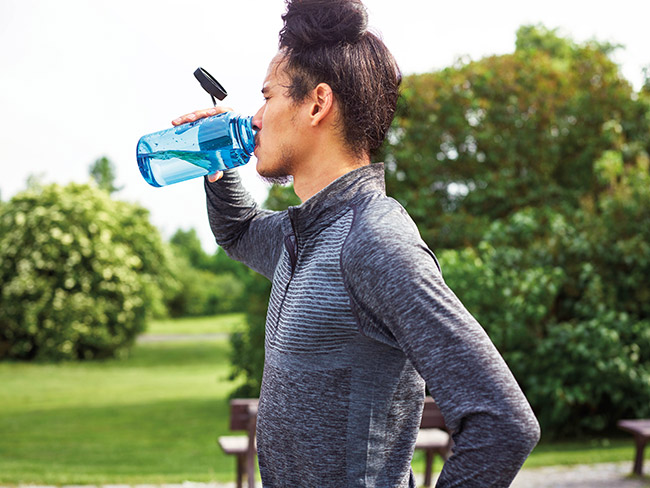
August 15, 2023
As temperatures rise, so does the risk of heart problems
A Kaiser Permanente cardiologist shares advice on how to stay safe, what …
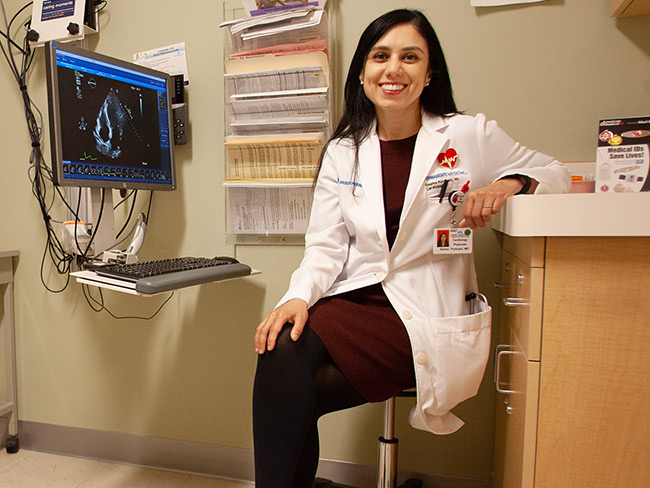
June 14, 2023
5 easy ways to reduce heart disease risk
A reminder that men and women can assert control over risk factors that …

April 25, 2023
Hannah Peters, MD, provides essential care to ‘Rosies’
When thousands of women industrial workers, often called “Rosies,” joined …

February 28, 2023
A conversation about pregnancy and women’s heart health
New research shows blood pressure patterns early in pregnancy can identify …

February 24, 2023
Current air pollution standards tied to higher heart risks
Kaiser Permanente study of 3.7 million adults provides support for strengthening …

February 1, 2023
Her heart was telling her something wasn’t right
When a Kaiser Permanente member discovered she had an irregular heartbeat …
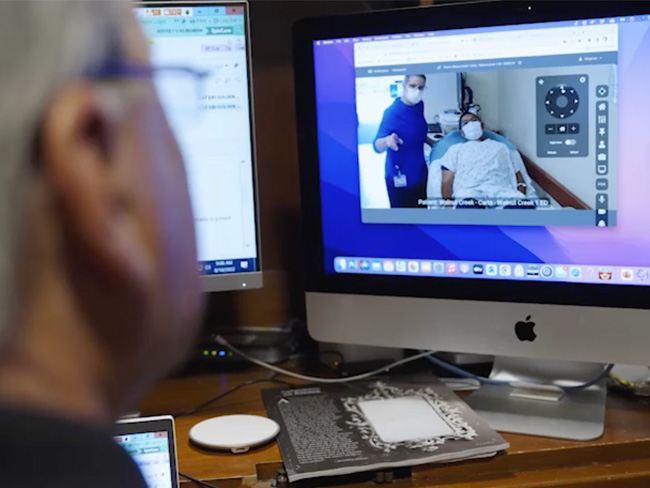
January 18, 2023
Speed saves lives: Fast stroke treatment key to survival
When a stroke happens, minutes matter, and Kaiser Permanente treats strokes …

November 14, 2022
It’s time to rethink health care quality measurement
To meaningfully improve health equity, we must shift our focus to outcomes …

October 6, 2022
We’re a Fast Company Innovation by Design winner
Kaiser Permanente is the first health care organization to win Design Company …
October 1, 2022
Innovation and research
Learn about our rich legacy of scientific research that spurred revolutionary …
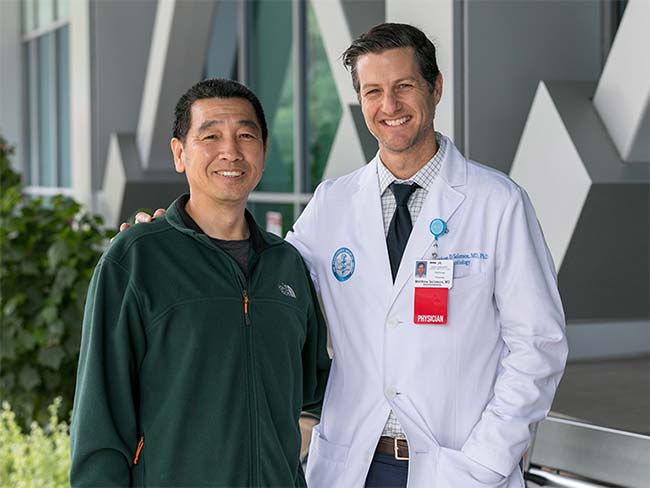
September 27, 2022
A heart saved
When Rong Fang had a life-threatening heart attack, specialists at 2 Kaiser …

Dark chocolate bark with pistachios and dried cranberries
You can make this healthy, holiday-worthy dessert any time of year!
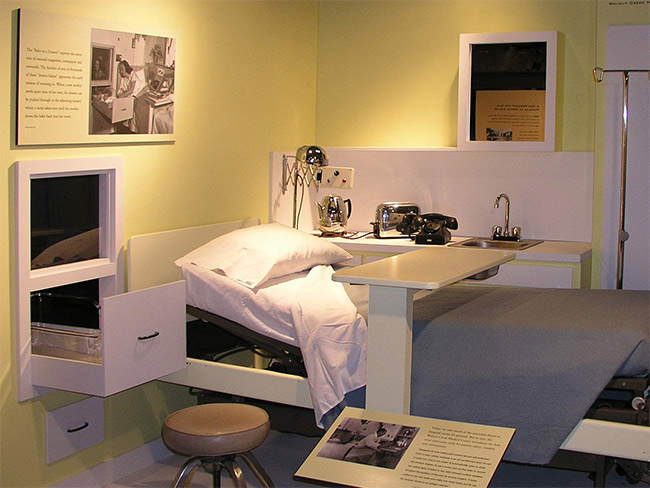
September 10, 2021
‘Baby in the drawer’ helped turn the tide for breastfeeding
This innovation in rooming-in allowed newborns to stay close to mothers …
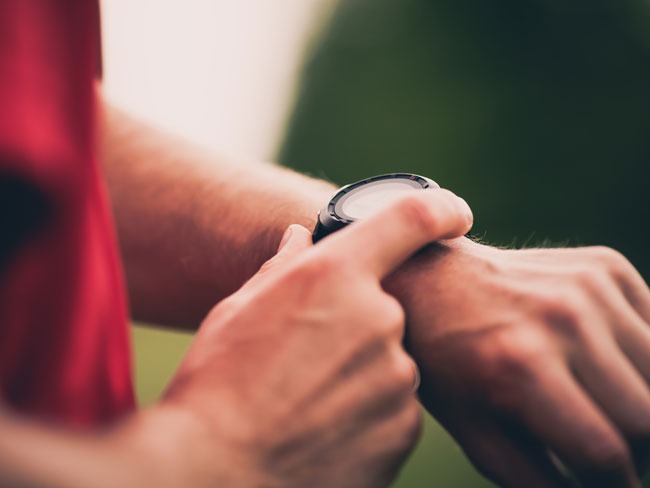
July 30, 2021
Pairing doctors with your devices for improved health
Wellness and fitness-tracking devices can help doctors and patients coordinate …

May 24, 2021
Supporting access to telehealth for vulnerable populations
Kaiser Permanente grants help fund community organizations working to expand …
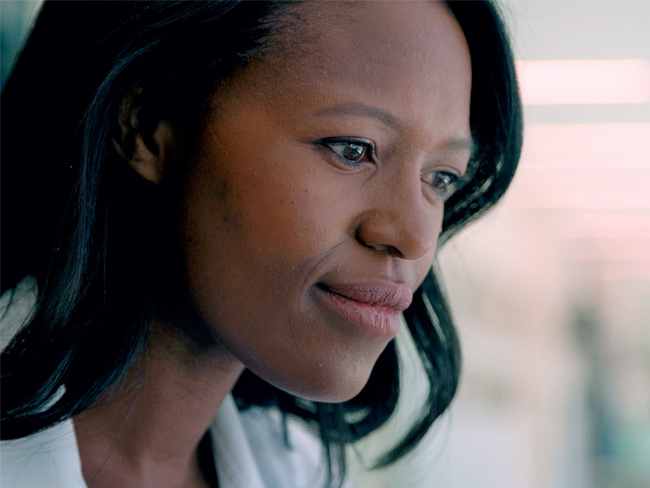
February 4, 2021
A passion for the practice of cardiology
Dr. Chileshe Price shares her commitment to advancing cardiac care through …
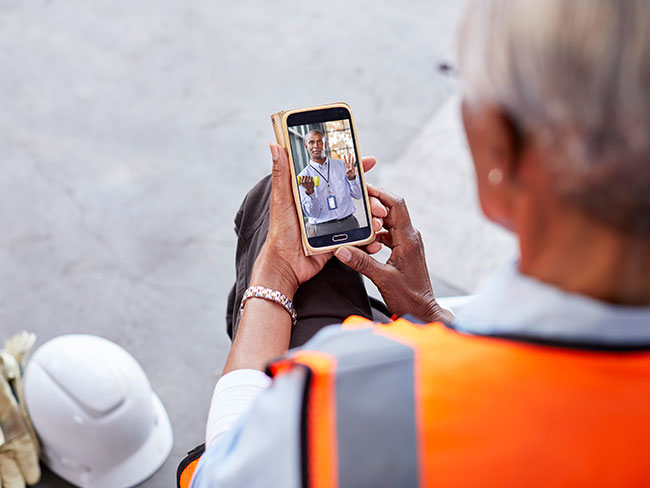
January 15, 2021
The fastest path to care
Available 24/7 with no appointment, e-visits offer Kaiser Permanente members …
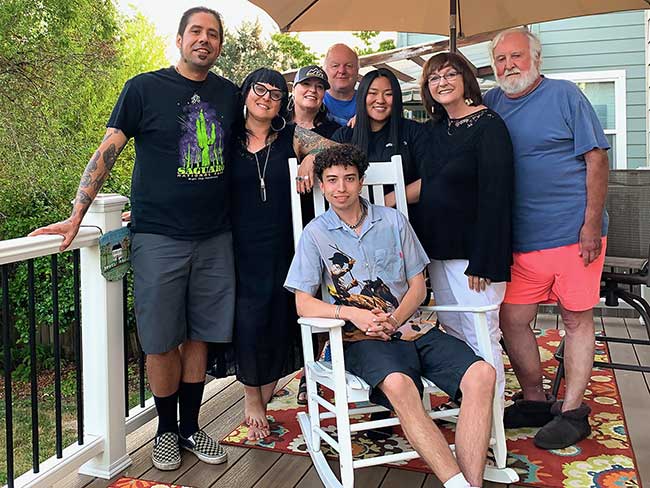
September 30, 2020
Cardiac care in the time of COVID-19
Skilled care and thorough infection-prevention protocols kept Eleanor Gorman …
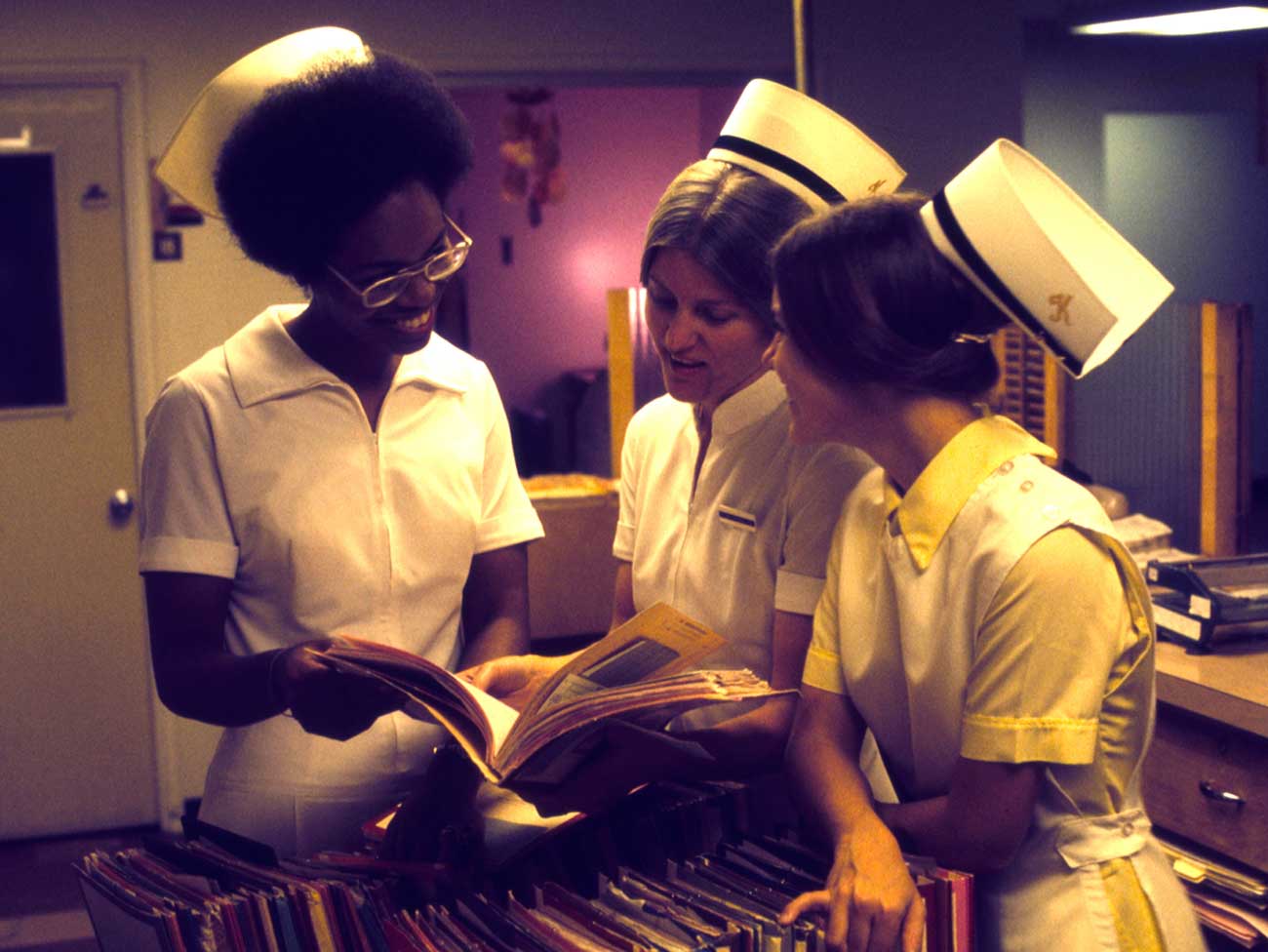
September 28, 2020
A legacy of disruptive innovation
Proceeds from a new book detailing the history of the Kaiser Foundation …

August 26, 2020
Kaiser Permanente’s pioneering nurse-midwives
The 1970s nurse-midwife movement transformed delivery practices.

August 19, 2020
Stroke care you can count on
Kaiser Permanente hospitals were again recognized by the American Heart …
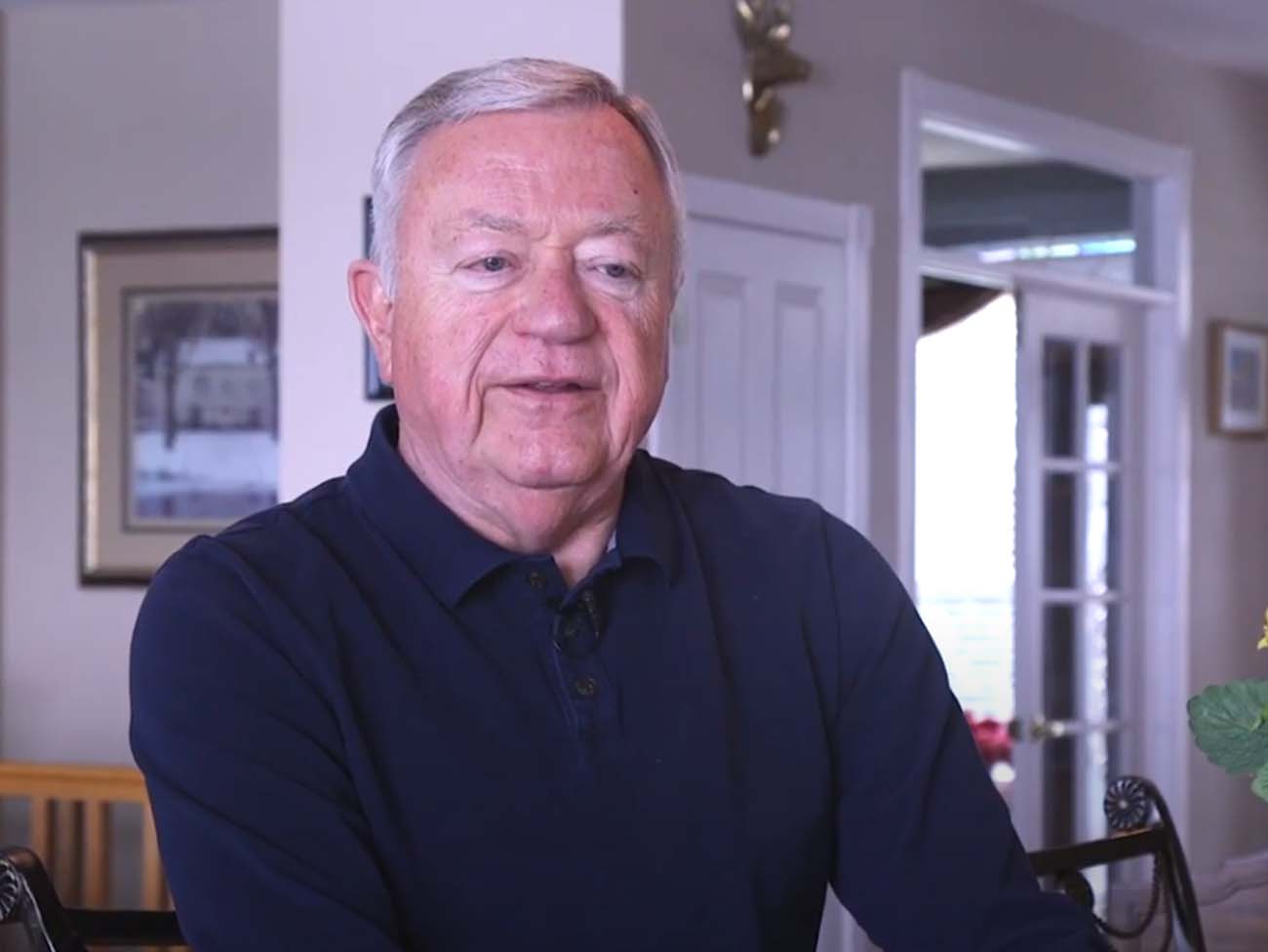
July 21, 2020
Diagnostic and preventive care is in our DNA
A routine screening helped detect Bill Walsh’s cancer before it became …

Curried rice and artichoke salad
This simple, heart-healthy recipe is plant-based with an international …
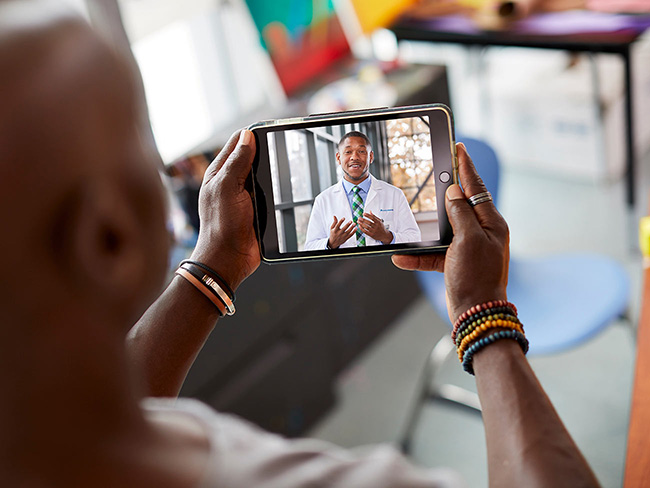
July 1, 2020
A breakout moment for virtual care
Kaiser Permanente’s fully integrated telehealth capabilities place quality …

June 4, 2020
A role model for quality, innovation, and transformation
Nation’s health care leaders and clinicians in annual survey point to Kaiser …

May 19, 2020
Large decrease in hospitalized heart attack patients
New Kaiser Permanente research backs anecdotal reports that people are …
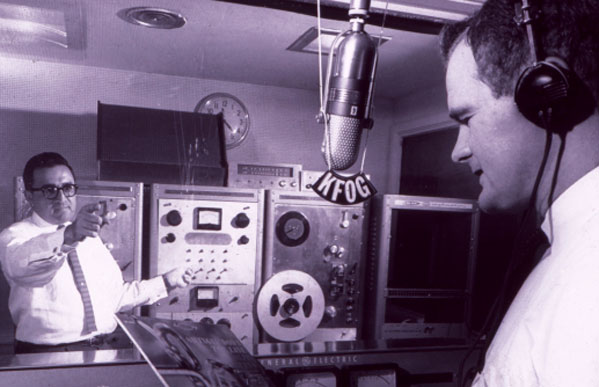
August 2, 2019
Thriving with 1960s-launched KFOG radio
Kaiser Broadcasting radio connected listeners, while TV stations brought …
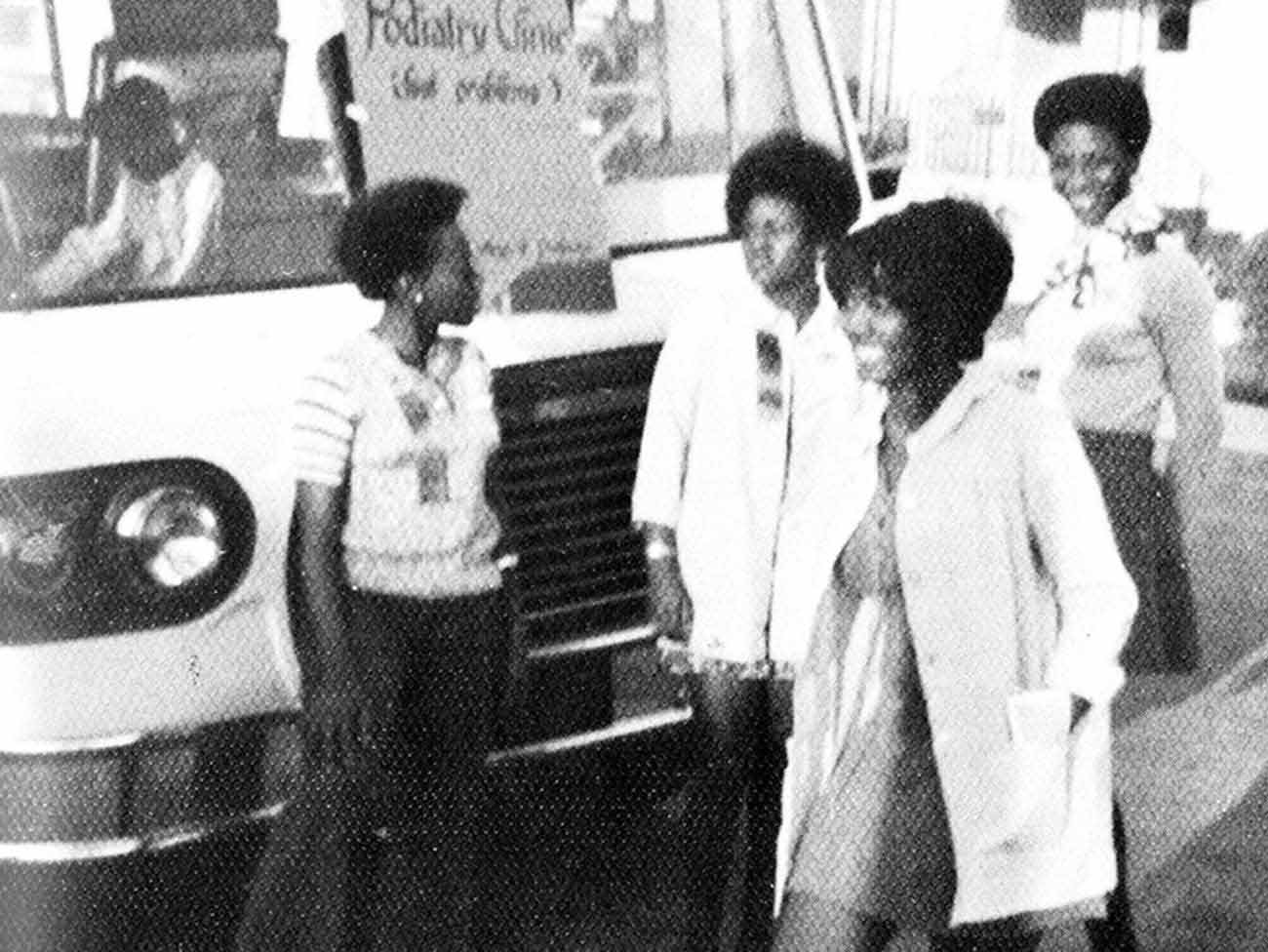
February 5, 2019
Mobile clinics: 'Health on wheels'
Kaiser Permanente mobile health vehicles brought care to people, closing …
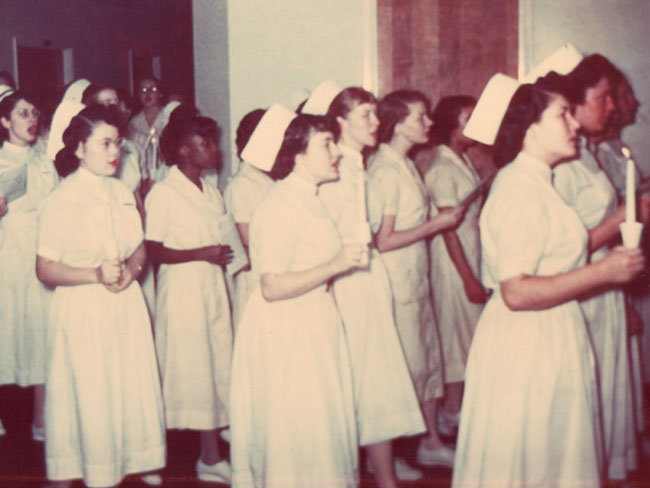
April 30, 2018
Nursing pioneers leads to a legacy of leadership
Kaiser Foundation School of Nursing students learned a new philosophy emphasizin …

April 19, 2018
Wasting nothing: Recycling then and now
Environmentalism was a common practice at the Kaiser shipyards long before …
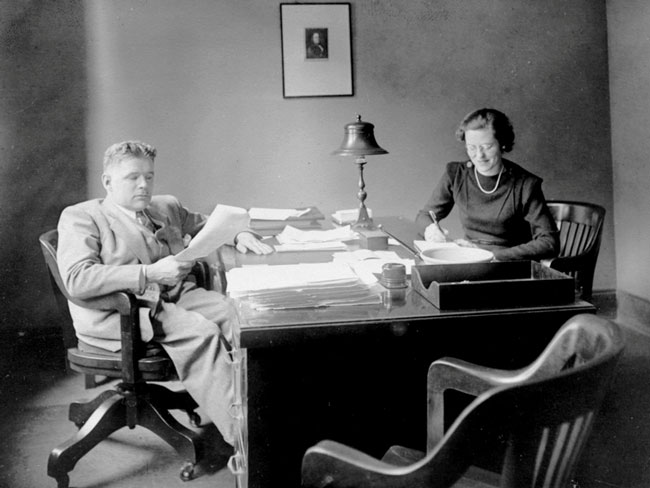
April 12, 2018
Harold Hatch, health insurance visionary
The founding of Kaiser Permanente's concept of prepaid health care in the …
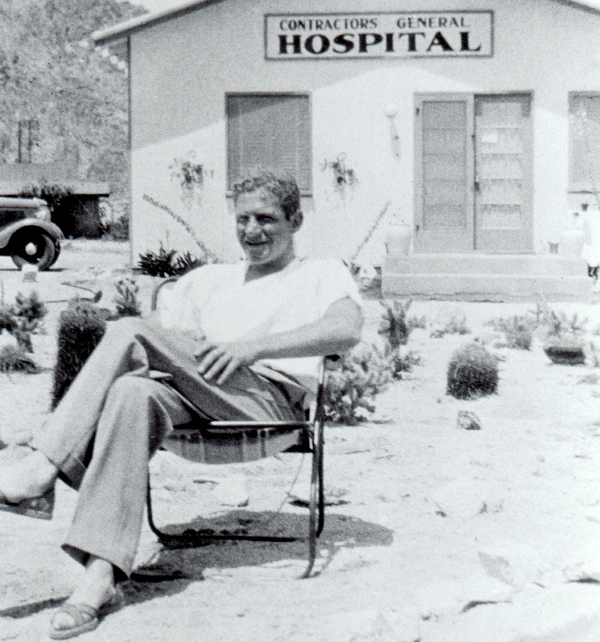
March 26, 2018
5 physicians who made a difference
Meet 5 outstanding doctors who advanced the practice of medical care with …
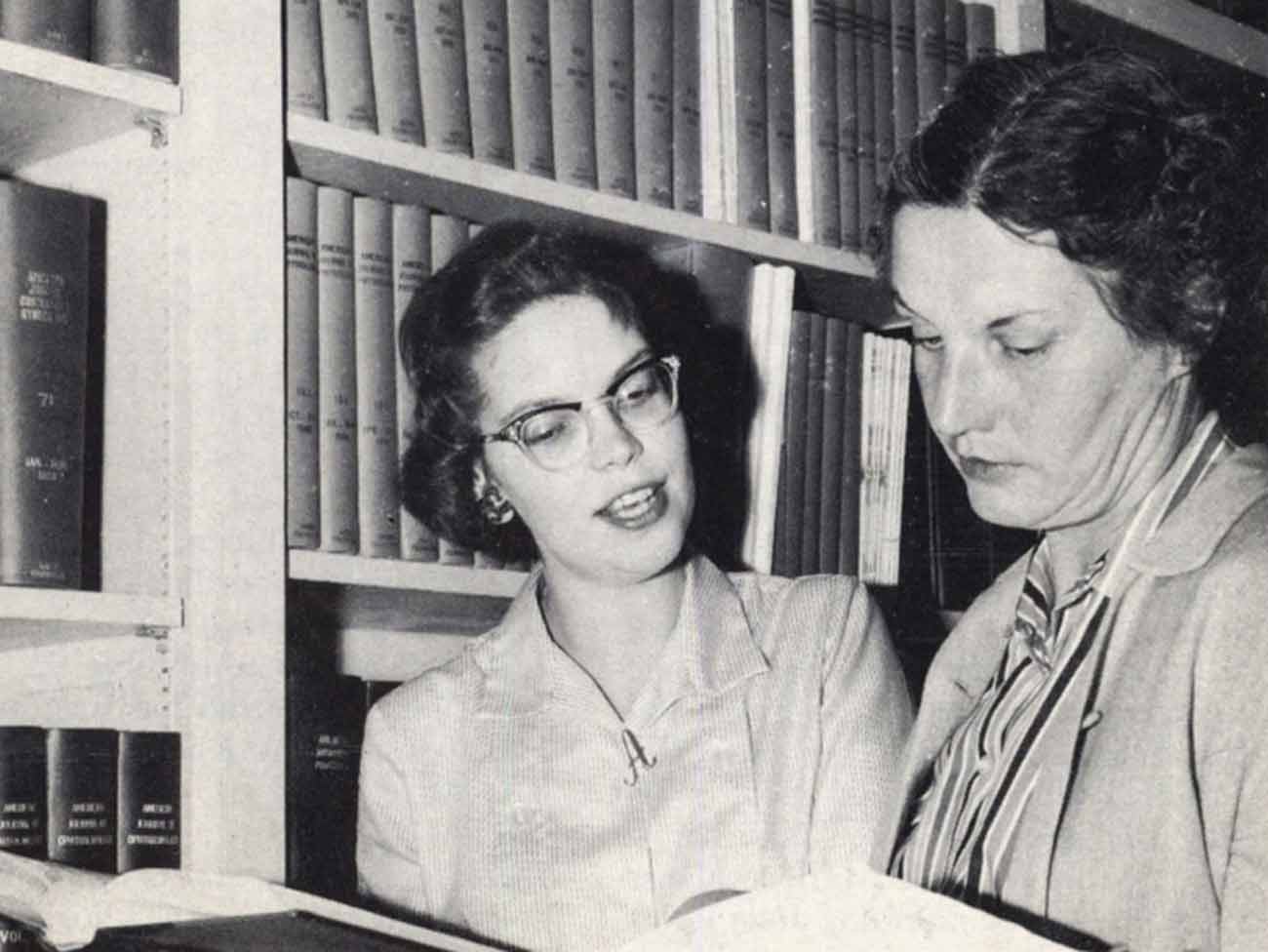
December 19, 2017
From boats to books: A history of Kaiser Permanente’s medical libraries
Kaiser Permanente librarians are vital in helping clinicians remain updated …
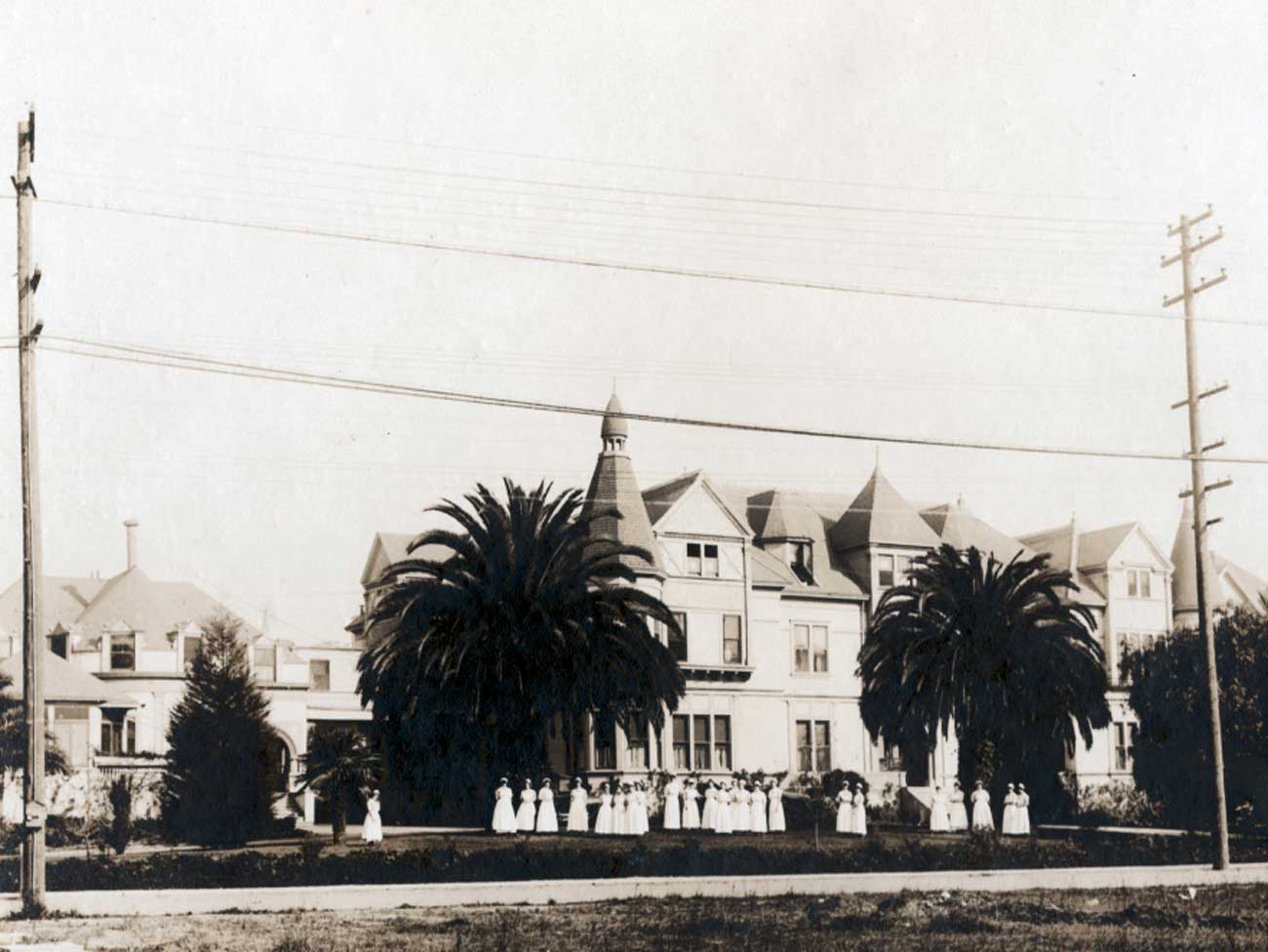
October 12, 2017
An experiment named Fabiola
Health care takes root in Oakland, California.
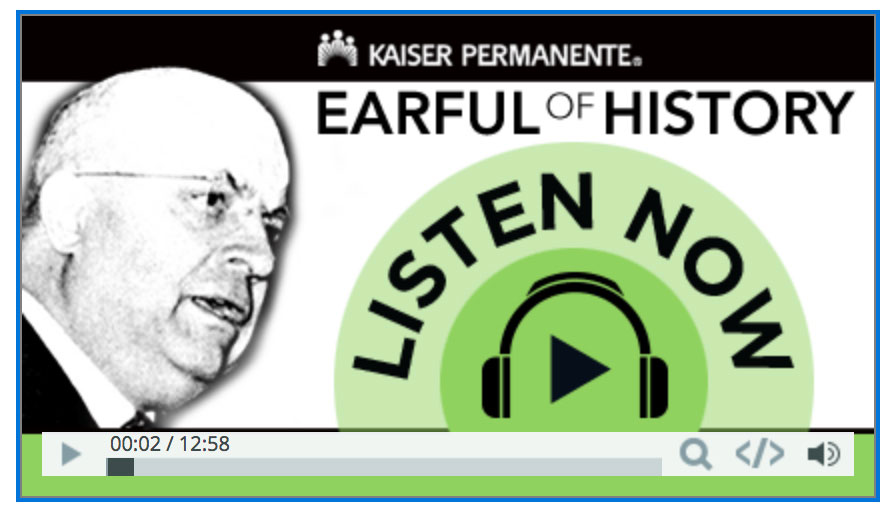
August 15, 2017
Sidney R. Garfield, MD, on medical care as a right
Hear Kaiser Permanente’s physician co-founder talk about what he learned …

August 10, 2017
‘Good medicine brought within reach of all'
Paul de Kruif, microbiologist and writer, provides early accounts of Kaiser …

July 14, 2017
Kaiser’s role in building an accessible transit system
Harold Willson, an employee, and an advocate for accessible transportation, …
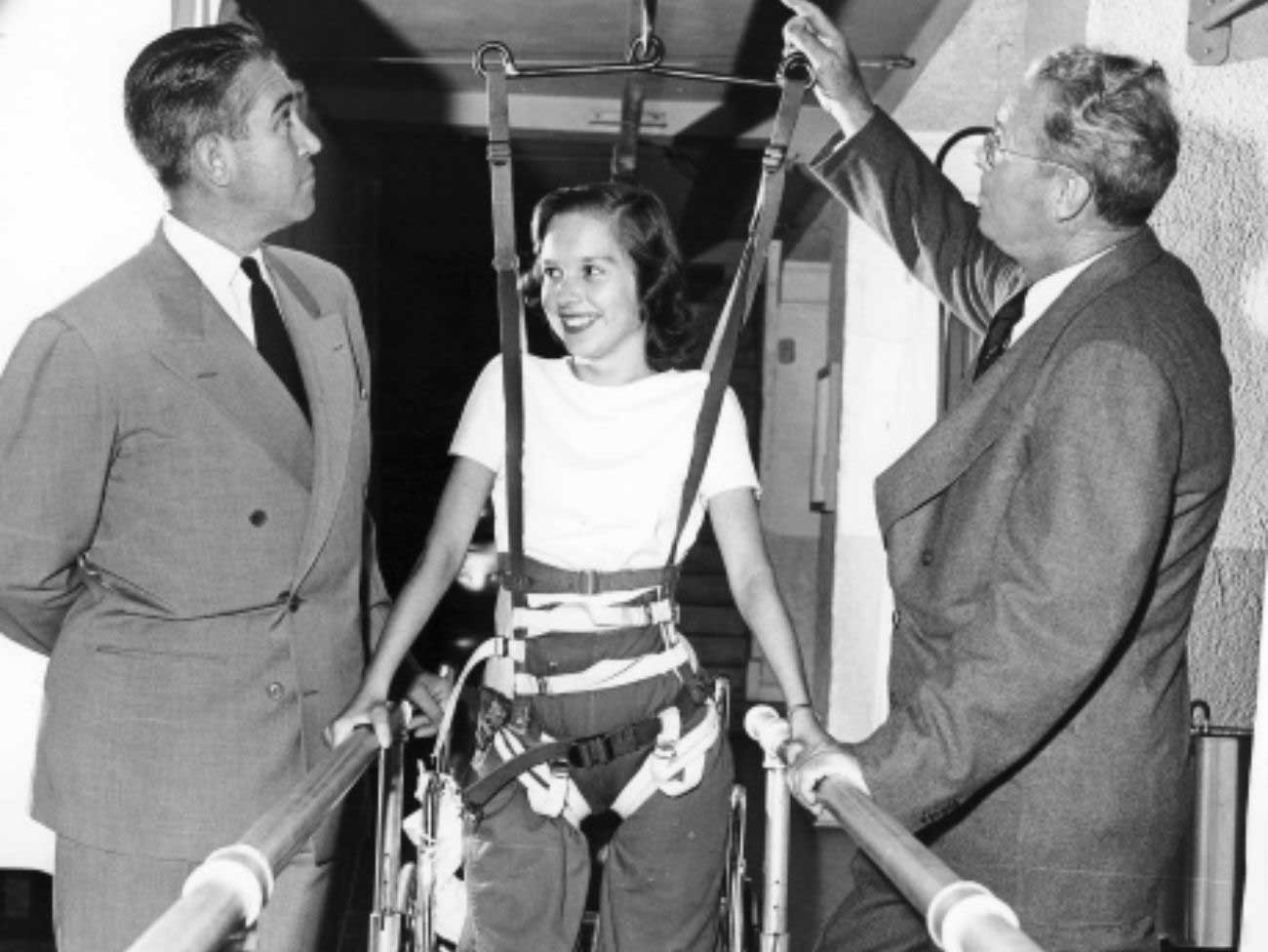
July 7, 2017
Mending bodies and minds — Kabat-Kaiser Vallejo
The expanded new location provided care to a greater population of members …
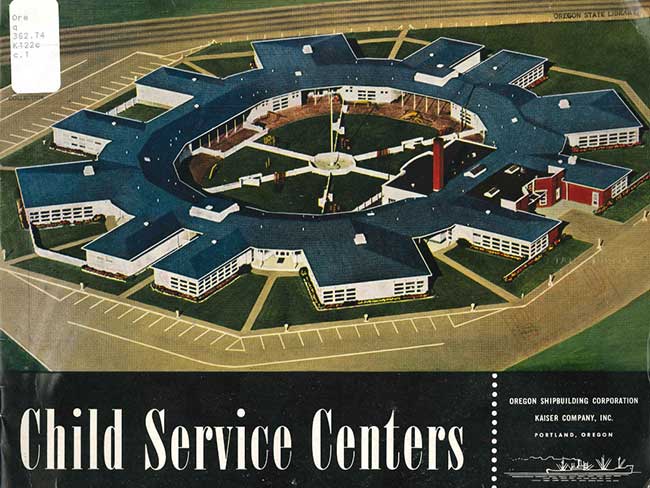
June 23, 2017
No getting round it: An innovative approach to building design
Kaiser Permanente incorporated innovative circular architectural designs …
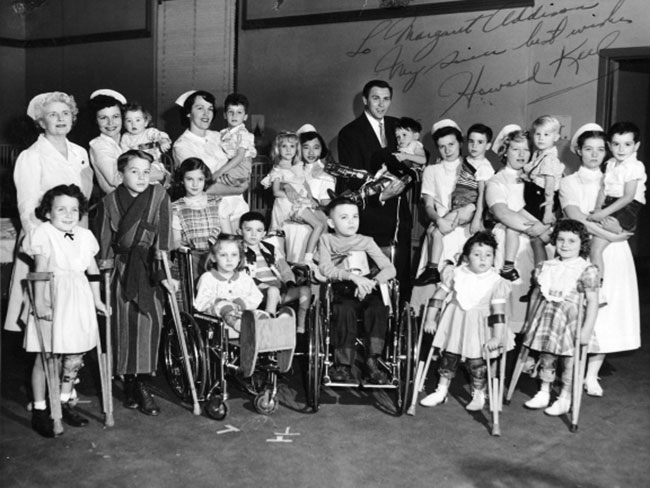
June 14, 2017
Kabat-Kaiser: Improving quality of life through rehabilitation
When polio epidemics erupted, pioneering treatments by Dr. Herman Kabat …
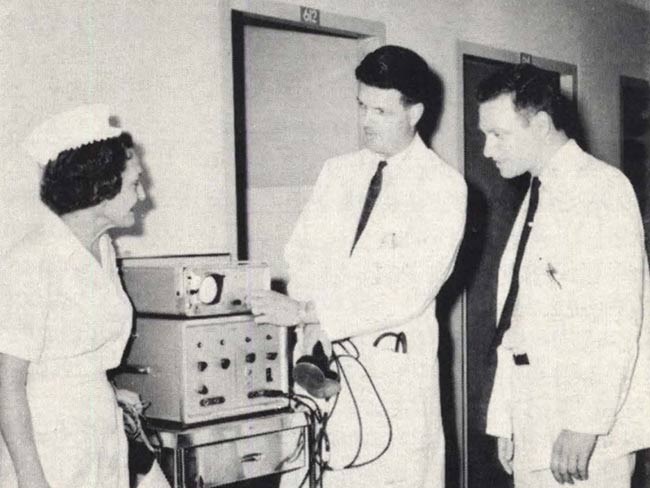
June 9, 2017
Edmund (Ted) Van Brunt, pioneer of electronic health records, dies at age …
Throughout his career, Dr. Van Brunt applied computers and databases in …
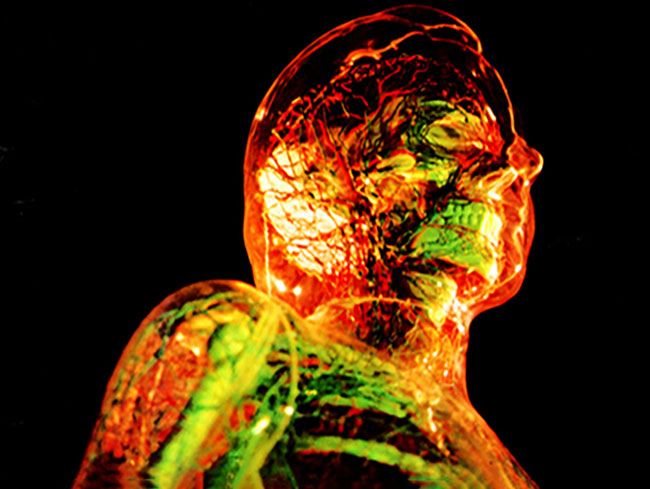
May 4, 2017
How a Kaiser Permanente nurse transformed health education
Kaiser Permanente's Health Education Research Center and Health Education …
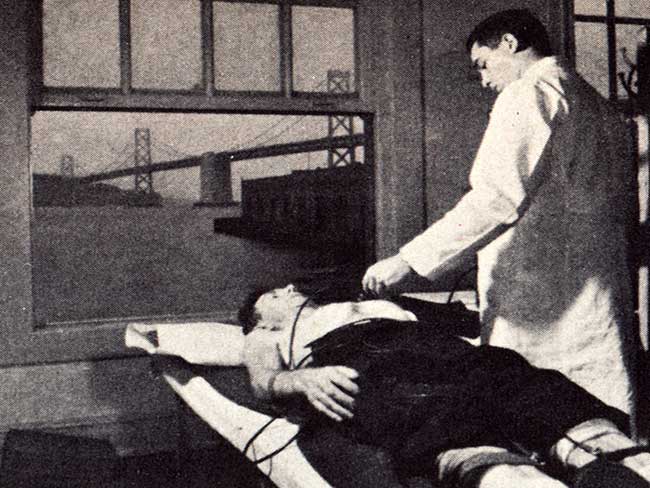
March 1, 2017
Screening for better health: Medical care as a right
When industrial workers joined the health plan, an integrated battery of …
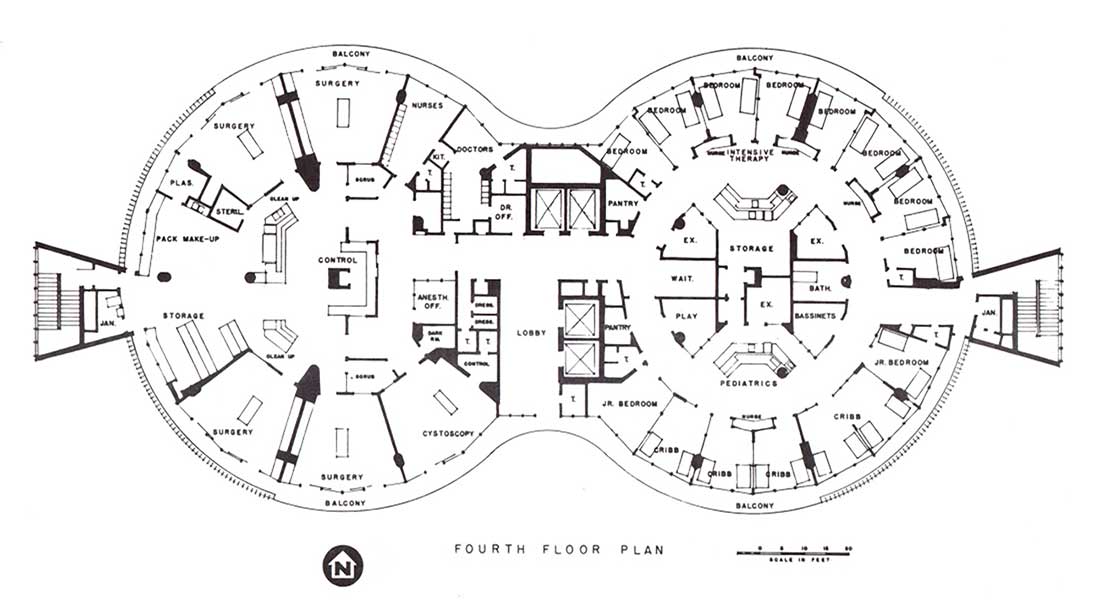
February 17, 2017
Experiments in radial hospital design
The 1960s represented a bold step in medical office architecture around …
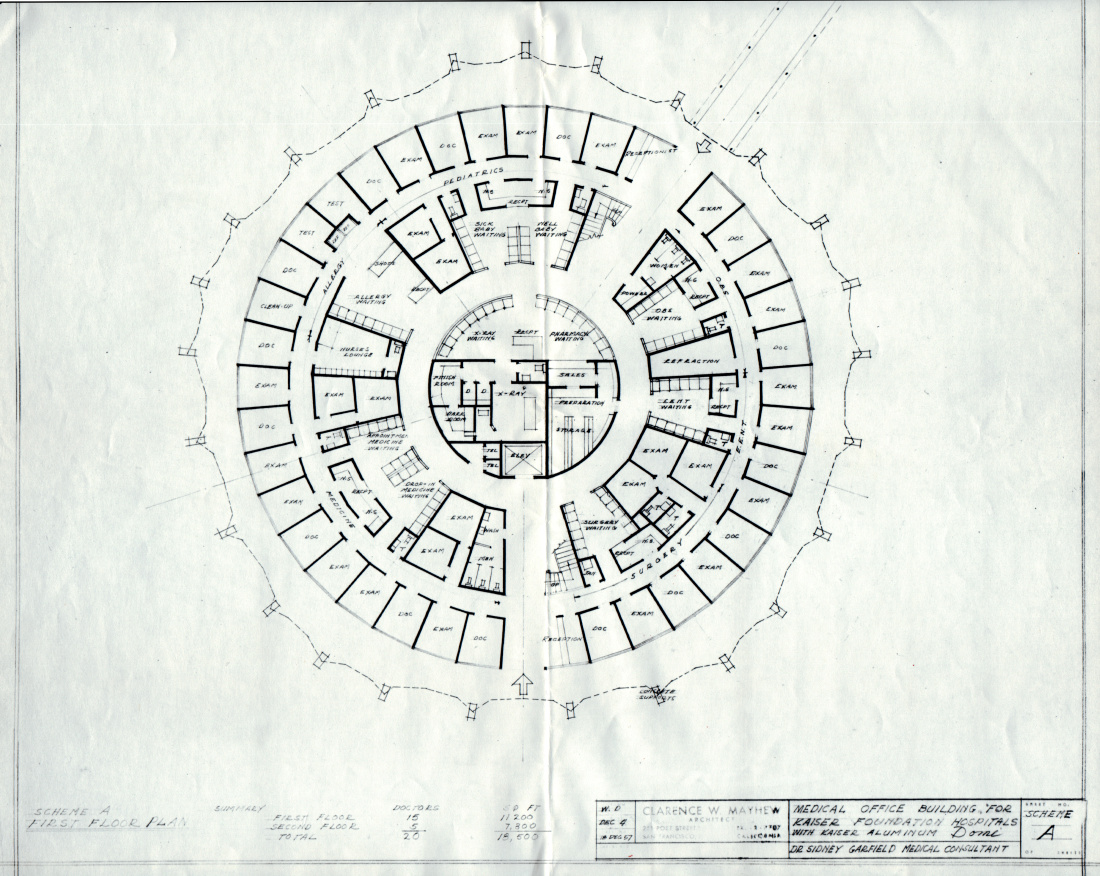
October 12, 2016
Kaiser’s geodesic dome clinic
There are hospital rounds, and there are round hospitals.
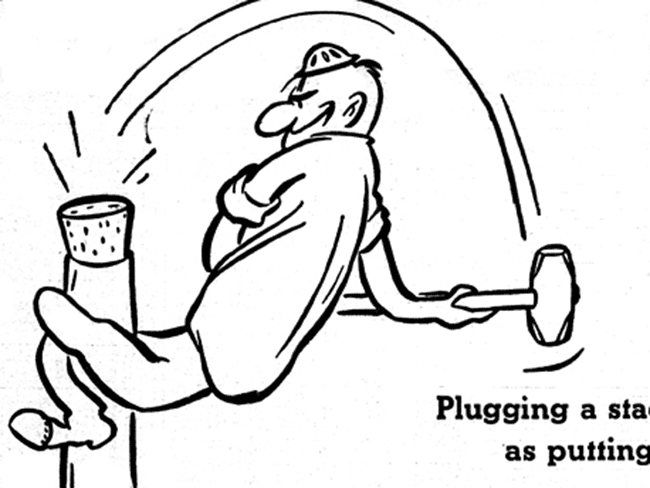
April 20, 2016
Henry J. Kaiser’s environmental stewardship
Since the 1940s, Kaiser Industries and Kaiser Permanente have a long history …
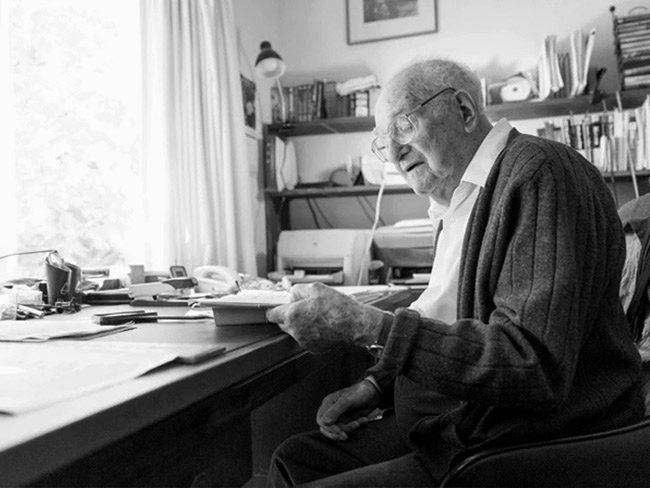
November 13, 2015
Dr. Morris Collen’s last book on medical informatics
The last published work of Morris F. Collen, MD, one of Kaiser Permanente’s …
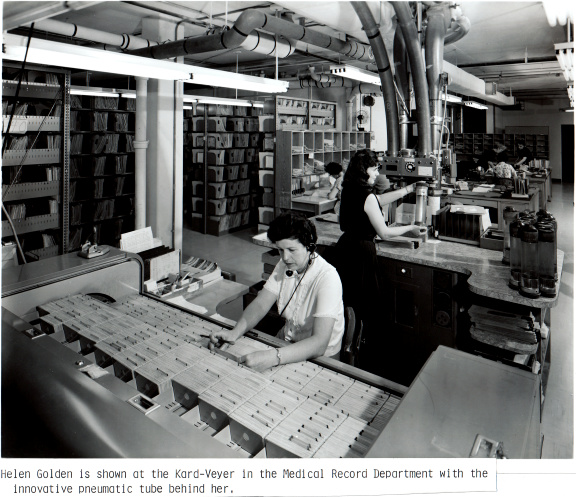
October 29, 2015
From paper to pixels — the new paradigm of electronic medical records
Transitioning to electronic health records introduced new approaches, skills, …

'Instant' chocolate pudding
Try this recipe for a rich and satisfying chocolate fix.

September 23, 2015
Kaiser Permanente and NASA — taking telemedicine out of this world
Kaiser Permanente International designs, develop, and test a remote health …
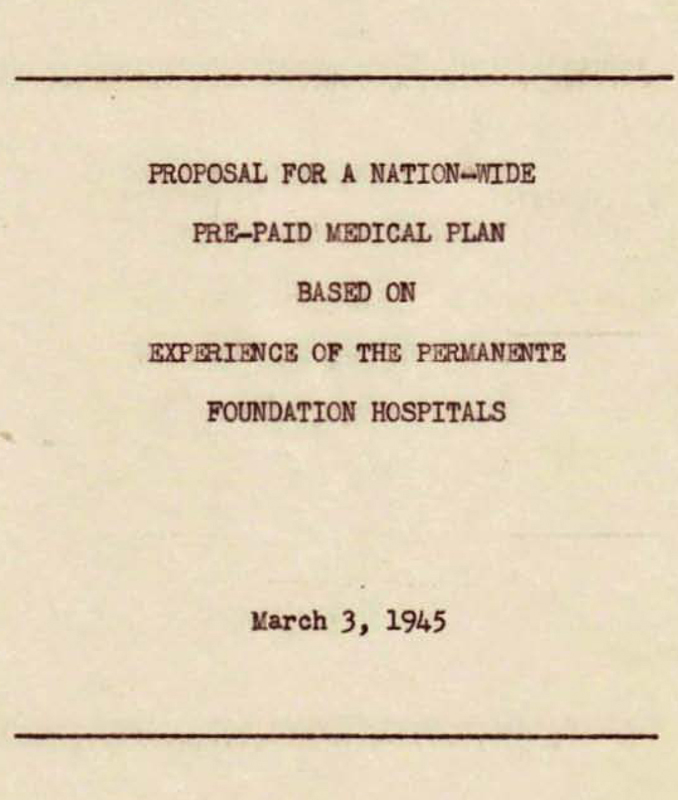
July 22, 2015
Kaiser Permanente as a national model for care
Kaiser Permanente proposed a revolutionary national health care model after …
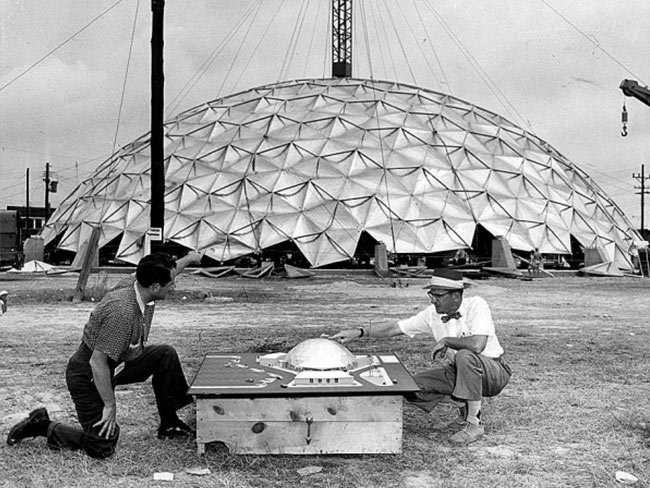
December 11, 2014
Henry J. Kaiser, geodesic dome pioneer
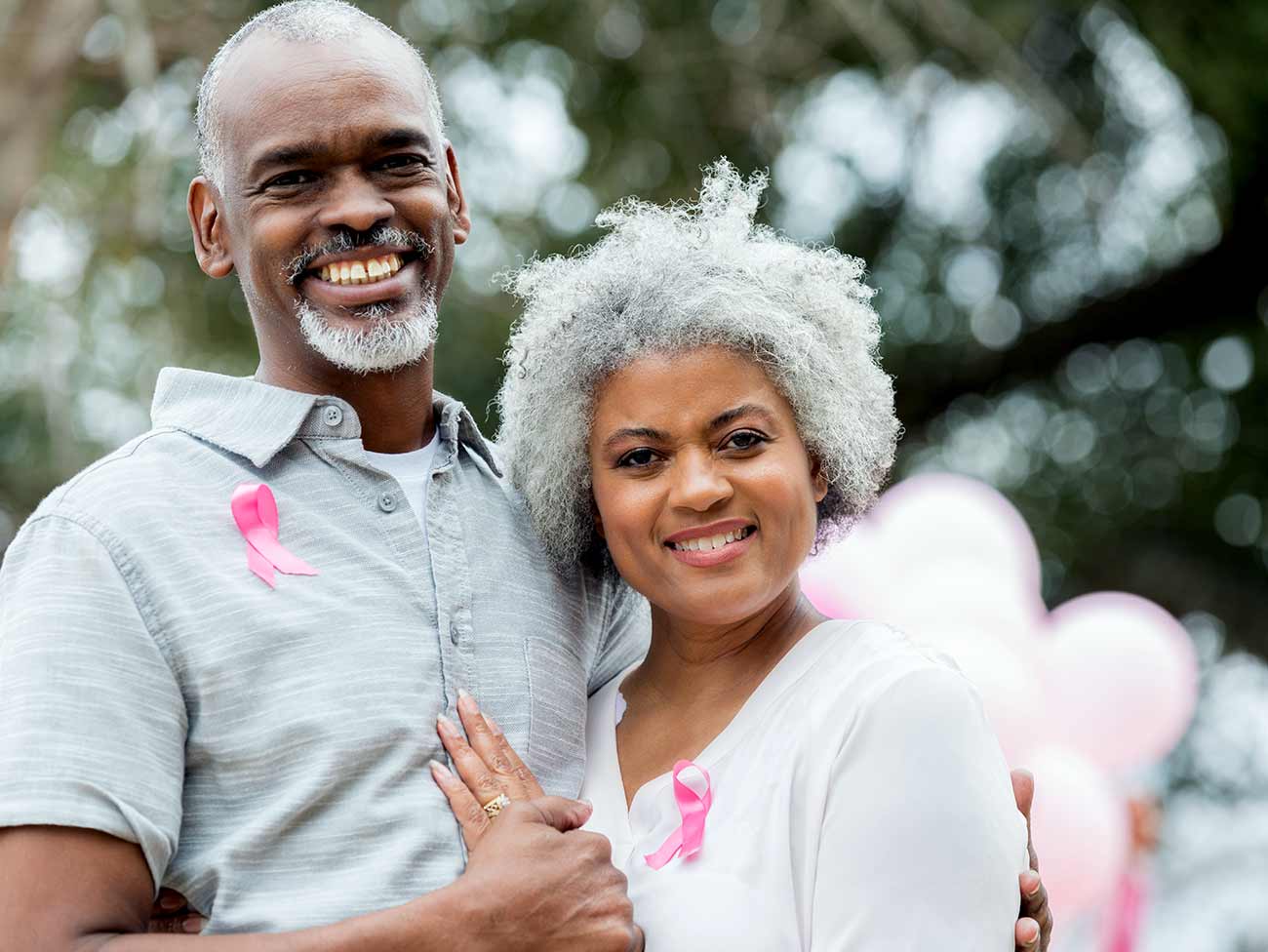
October 8, 2014
Breast cancer isn’t just a woman’s issue
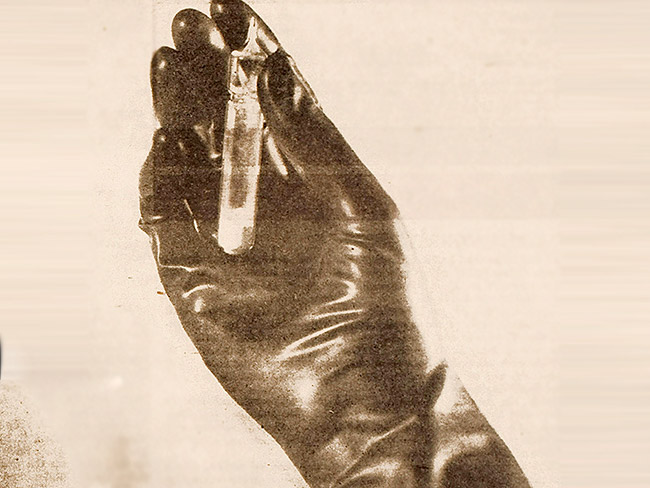
July 23, 2014
Kaiser shipyards pioneered use of wonder drug penicillin
Though supplies for civilians were limited, Dr. Morris Collen’s wartime …
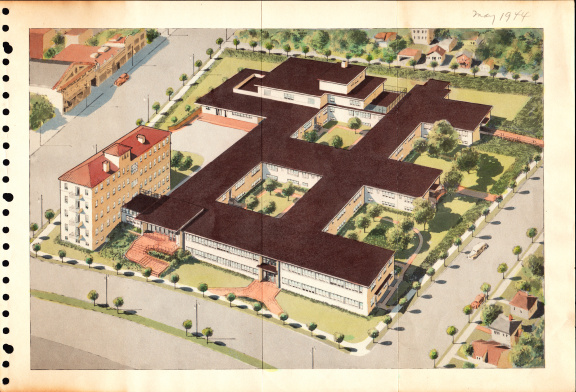
June 24, 2014
Kaiser Permanente's first hospital changes and grows
A collection of vintage photos that chronicle the evolution of Oakland …
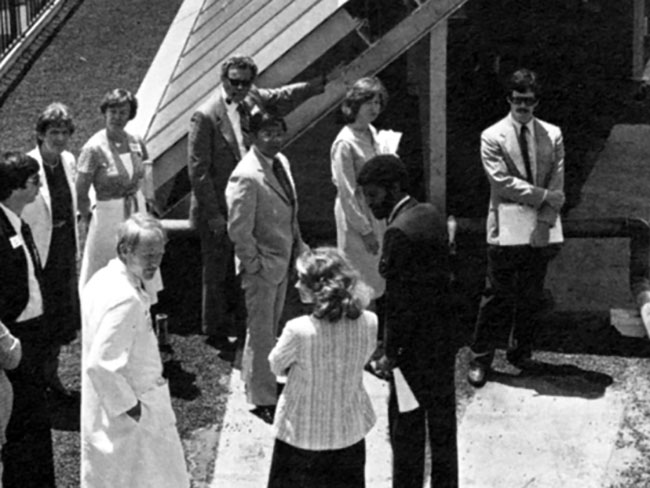
September 23, 2013
Kaiser Permanente pioneered solar power in health facilities in 1980
Santa Clara Medical Center hosted a solar panel project in 1979 to demonstrate …
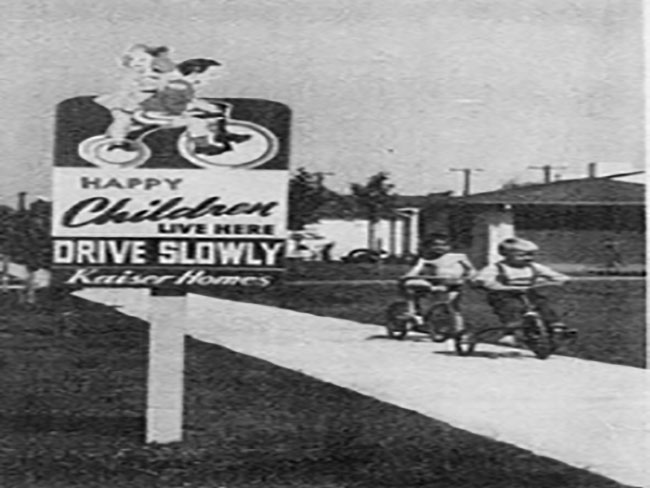
September 19, 2013
Kaiser’s postwar suburbs designed for pedestrian safety and fitness
Model neighborhoods close to jobs and laid out with meandering lanes and …
